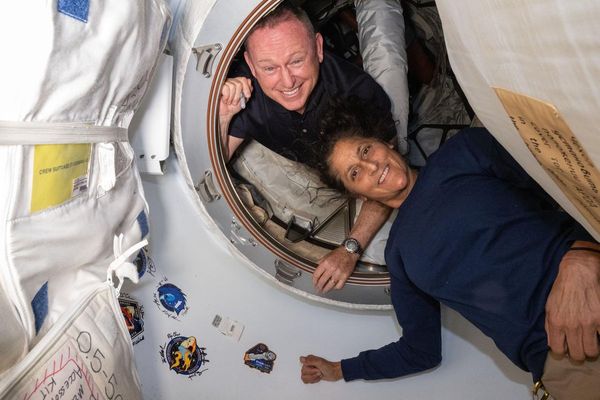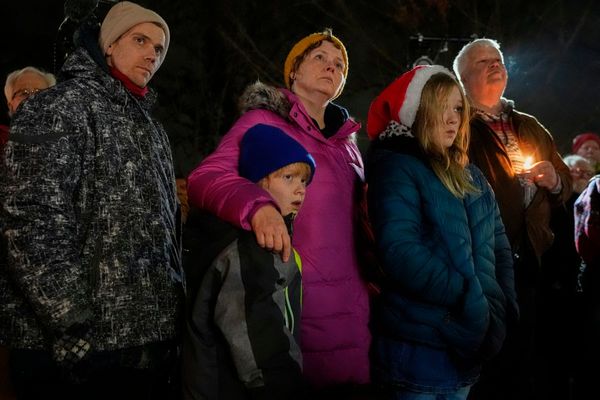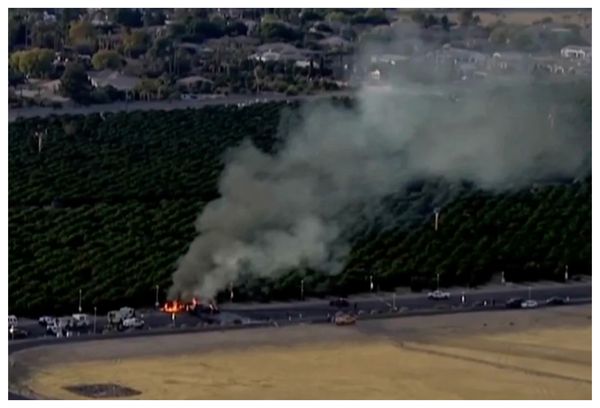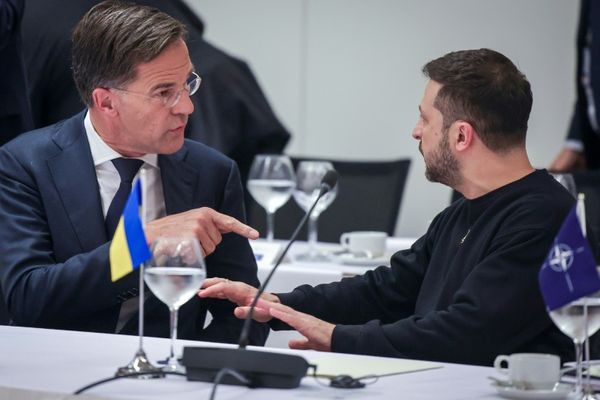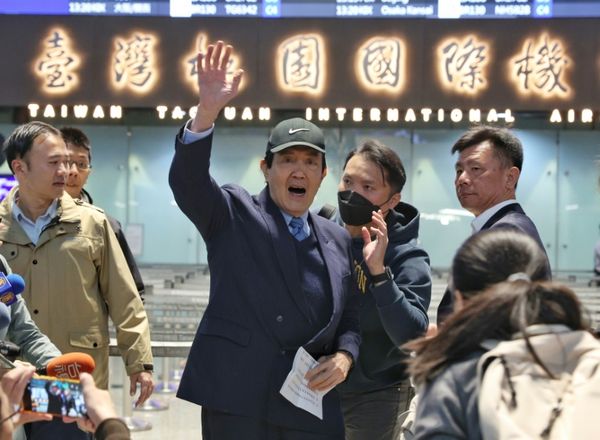
When Liberal frontbencher Paul Fletcher gave a speech declaring the teals a “Green left con job”, it was clear he’d made a huge mistake.
Fletcher insulted teal voters, suggesting they’d been “duped” by left-wing front groups. According to Bernard Keane, the bizarre conspiracy was the most interesting thing the Bradfield MP had ever said, arguing Fletcher had failed to grasp why traditional liberals were turning away. Letters from locals were equally scathing, with one declaring Fletcher “just signed [his] own dismissal notice”.
It seemed like good news for independent Nicolette Boele, the self-styled “shadow member for Bradfield”, who reduced Fletcher’s margin to just 4.2% in 2022 (a redistribution has since cut it to 2.5%). North Sydney MP Kylea Tink, whose neighbouring seat is being abolished, then revealed she wouldn’t contest Bradfield, backing Boele while comparing Fletcher to “a child throwing his toys out of the cot”.
On Tuesday, Fletcher announced his retirement — making him the second “moderate” to quit in as many weeks. Colleagues were surprised, telling Crikey he’d been campaigning for reelection. “Time to let somebody else have a go”, Fletcher said, downplaying teal chances by arguing “the local mood is discernibly different from 2022”, when voters were eager to remove Scott Morrison.
Boele was already a community candidate to watch in 2025. But the outlook just became even brighter for the clean energy expert, who’s spent the entire term campaigning (an incumbent’s retirement usually costs their party 1-2% of its margin). Her team has knocked on about 5,000 doors in the wealthy electorate, spending mornings at bus stops and train stations; she even kept her campaign office, from which “Voices of Bradfield” helped run Bradfield for Yes, becoming the only Liberal-held seat to vote in favour of the Voice referendum.
Donations have increased since Fletcher’s remarks, allowing Boele to hire more people for her campaign, which is mostly powered by volunteers — the “secret sauce” of the movement. She credits Tink for the extra “momentum”, noting the “generous endorsement” saw several members of Team Tink join Team Nic.
Did the backlash to the speech contribute to Fletcher throwing in the towel?
“I don’t know what was in Mr Fletcher’s mind,” Boele tells me. “If you can see your main opponent, and it’s a two-horse race, has been in the field for that long … Maybe the 12 letters to The Sydney Morning Herald as soon as he insulted everybody was a feedback loop that he needed.”
Boele has been critical of the speech, arguing it showed little respect for Fletcher’s constituents. Her statement about it was titled, “Bradfield voters aren’t dopes, Paul”.
When I ask how it made her feel, she gives a very teal answer.
“It was disappointing, but it wasn’t a surprise. I get very protective, kind of a mum instinct, with the constituents. Like, hang on a second, what do you mean we’re dim-witted? Obviously there were some overtones about the gendered part of it, too, which I didn’t take very nicely to.”
Boele ticks all the teal boxes, and then some (for the purposes of my pieces, “teal” refers to climate-focused independents who contest wealthy, Liberal seats, all of whom have so far been white, professional mothers, many of whom have unique names).
Raised on the North Shore by socially conscious Dutch parents, along with a “Howard-voting, Hawaiian shirt-wearing, Barker boy” stepdad, Boele has a perfectly teal resume, having spent 35 years working in climate policy and finance. She previously ran a consultancy with her brother, who is now “chief purpose officer” at KPMG. “He’s human rights guy and I’m climate change gal,” she jokes, arguing he was a big influence on her.
When Kevin Rudd was prime minister, Boele “had a moment”. After initially thinking Rudd had “got my back on climate”, Labor dismissed the findings of the Garnaut Review, setting a 15% emissions reduction target rather than the 25% science demanded.
“I actually went to bed for three months,” says Boele, suggesting it was an early case of climate anxiety. “More and more people were turning up, feeling so overwhelmed, who were deep in the policy world … And it wasn’t like we didn’t have the technology either. It was the political will.”
Boele got back up again, with the help of some experts in postnatal depression. But it was then that she gave up on the policy work she’d been involved in (including lobbying on behalf of the Climate Institute and the Australian Conservation Foundation), turning to green finance, where she’s spent the past 15 years trying to “move money away from the harmful things, towards the really constructive and productive things for our economy and for society.”
Like many teals, Boele originally had to be talked into running by her community, citing her voting-age son as a motivating factor. “As a mum, when you tell your kid, ‘don’t bother voting ’cause it’s such a safe seat, nothing’s going to change’…”
But it was a chance encounter with Fletcher that cemented her decision, with the MP giving disappointing responses on climate.
“There’s that point where you finish being an advocate, trying to change the mind of the parliamentarians, where you just go, ‘bugger it, I’ll just try to become one’.”
For someone who had to be talked into running, Boele is now running hard, saying she’s fed up with the Liberals taking their moderate constituents for granted. She’s not concerned about who the Liberals preselect, noting they’ll still be expected to vote the same as Peter Dutton, who is “extremely divisive” on the North Shore.
“I thought they would have learnt some lessons from 2022,” she adds, saying she hasn’t put much thought into what the dwindling number of moderates in the Liberal Party will mean. “I’m busy with our hundreds of volunteers, door knocking and having conversations.”
As for Fletcher’s “recycled scare campaign,” suggesting people like her are a threat to a majority government?
“The premise that a majority government is a good thing is kind of crazy, given that he’s part of a minority Liberal National party,” she says.
“A constructive crossbench can help push the parties on their ambition, on their integrity, and I think it’s a really healthy part of democracy. You move away from ideology, and you move towards what the people of Australia want. And I think that can only be a good thing.”
Have something to say about this article? Write to us at letters@crikey.com.au. Please include your full name to be considered for publication in Crikey’s Your Say. We reserve the right to edit for length and clarity.

